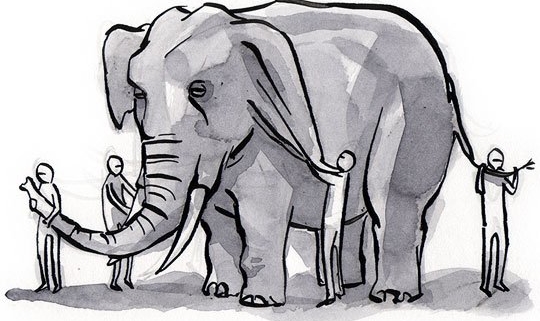The risk of being biased
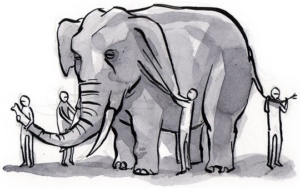
Biases and Risk Management
We’ve been biased since the beginning of human history, having incomplete perspectives that led to inaccurate views, like the parable of five blind men touching part of an elephant and believing they were touching a rope, a rock, etc. based on their limited views.
We easily become biased, even when things are written as laws or regulations. The solution is to acknowledge that we could unknowingly be biased and take steps to reduce sources of biases.
I share this concept in workshops, such as how biases affect people trying to apply Risk Management in companies. For example, the new European Union Medical Device Regulations requires that companies to reduce risk to patients “As Far As Possible,” but this concept is confusing to companies that are biased by previous concepts.
In 2014, European regulators published an article explaining the new concept, writing that they’ve finally explained it in a way that’s “clear, easy to understand, and unambiguous.”
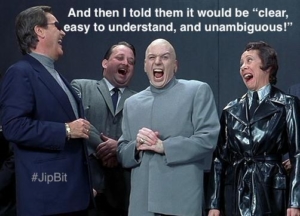
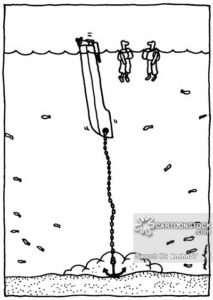 We become attached to what we first learn, which is anchor bias. Like a real anchor, anchor biases slow us from moving forward. We don’t notice anchor bias because we see patterns that confirm and strengthen our existing beliefs, which is confirmation bias.
We become attached to what we first learn, which is anchor bias. Like a real anchor, anchor biases slow us from moving forward. We don’t notice anchor bias because we see patterns that confirm and strengthen our existing beliefs, which is confirmation bias.Be aware of bias
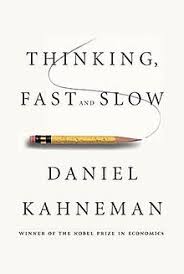
Daniel Kahneman demonstrated that even research on biases was influenced by biases of the researchers.
Bias impacts global healthcare. As a consultant, I’ve seen biases in leadership of medical device companies and committees for healthcare policies that lacked diversity in gender, race, and socioeconomic backgrounds. Equitable healthcare will increase when biases decrease, and biases will decrease when there’s diversity in leadership. Pop culture is trying to educate society, such as a comedians discussing bias in medicine to diverse audiences.

Be part of the solution. Become more aware of bias in our daily interactions. Don’t judge yourself or others, and try to laugh together while continuously improving.


Continuously Improve
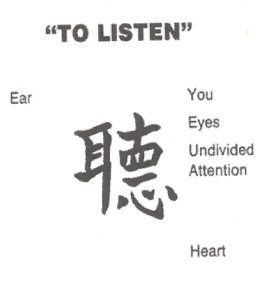
The Kaizen approach to continuous improvement
Each day, do more of what is right and less of what is not right
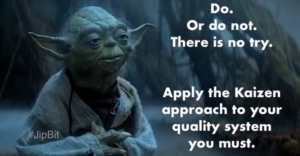
Seek assistance
- Oriel STAT-A-MATRIX is a international management consulting firm (I consulted with Oriel)
- Qunique is a boutique European quality and regulatory consulting firm (I know the CEO)
- Jason (me)
I hope for a society working as linked processes of continuous mutual improvement between private companies, public schools, nonprofit organizations, and government agencies. To help create that society, I work with executives and philanthropists to help them lead or invest effectively, and I lead corporate workshops for hands-on learning in international regulations, quality assurance, risk management, & team dynamics. My workshops focus on teamwork, learning-by-doing, and the bigger picture of how our work impacts the lives of other people.
Meditate
Meditate ten minutes every day to reduce bias in ourselves and be a more effective leader in your organization. Active listening is a form of mediation; concentrating on a speaker and being mindful of our reactions before we speak or act. Over time, meditation helps reduce confirmation bias and prevent new anchors from forming.
Meditation helped me, but I’m biased.

